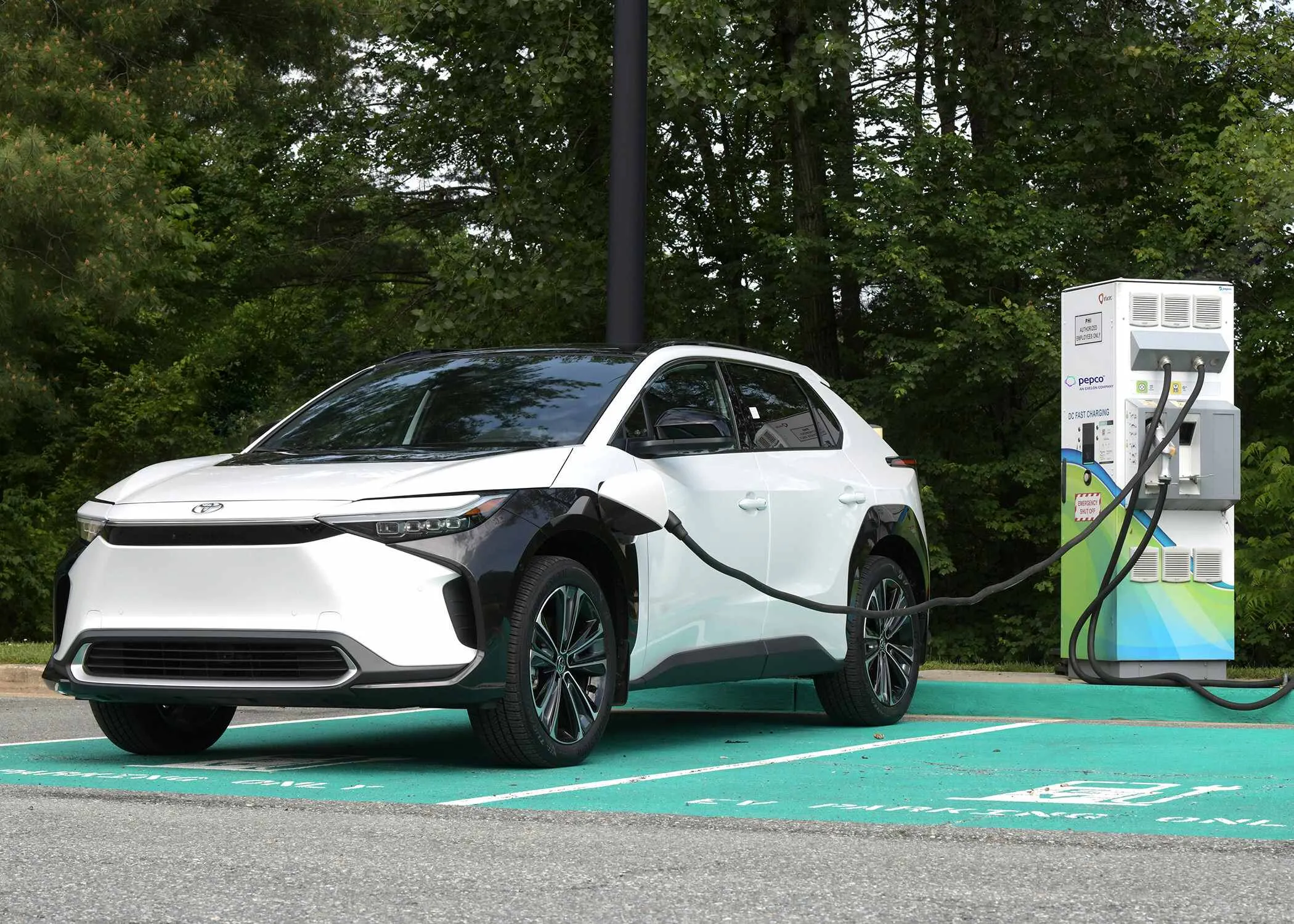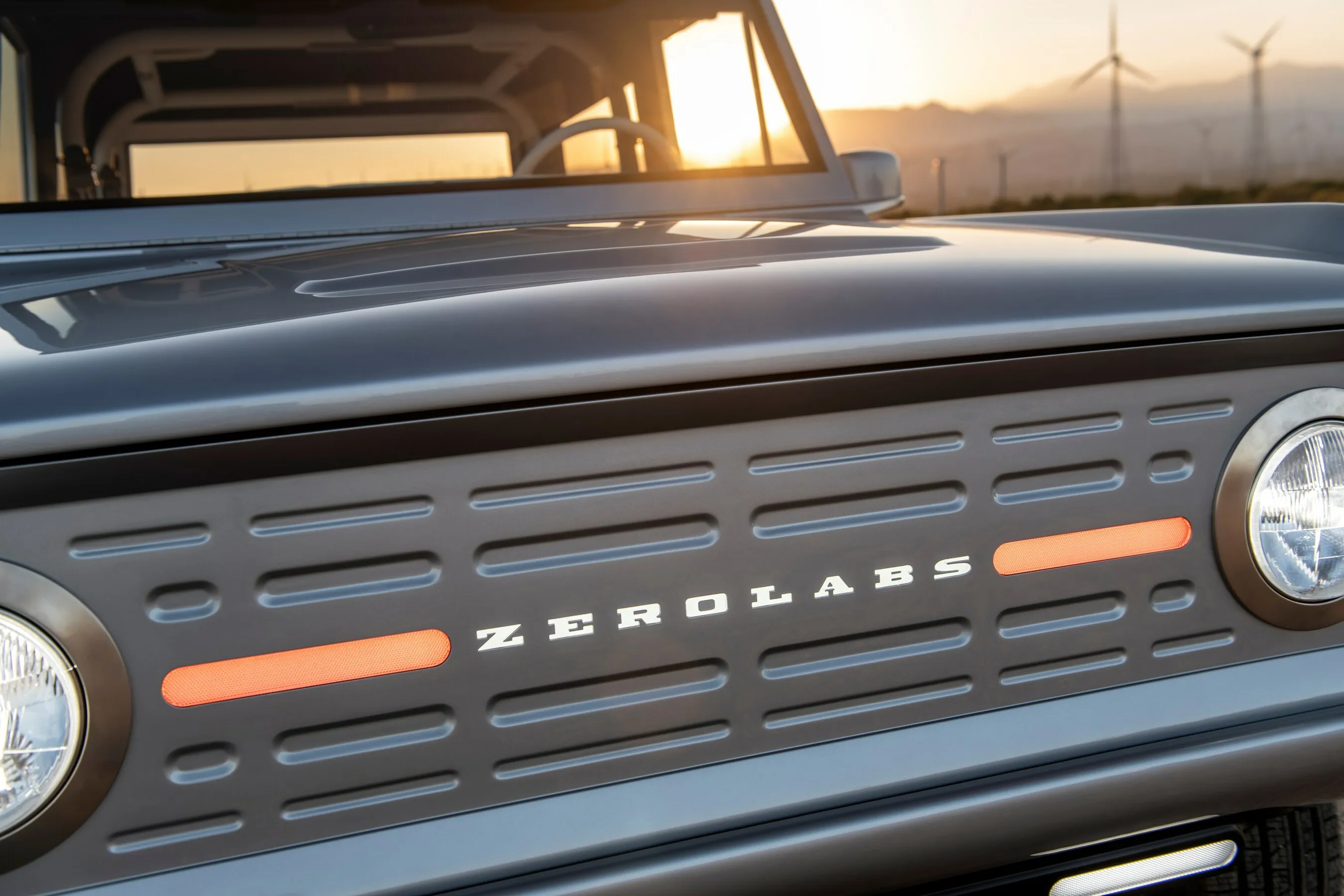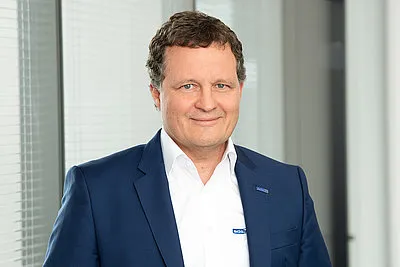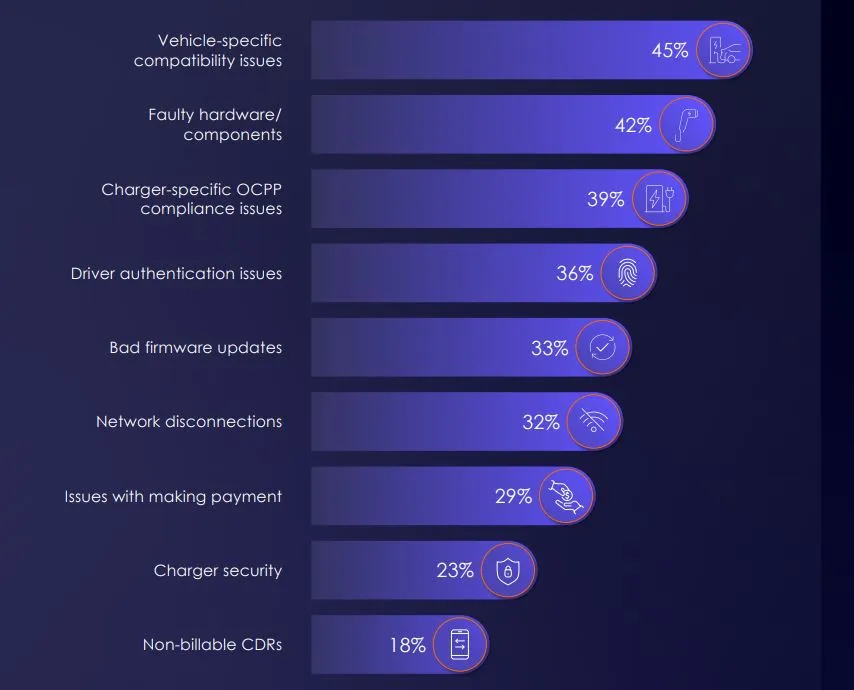
This collaborative effort will explore bidirectional power flow technology that will allow BEV owners to not only charge their vehicle's battery but also send power back to the local energy grid. V2G technology has the potential to support and provide benefits to customers through improved energy reliability and resilience, the integration of renewables, and the possibility of reduced electricity costs.
The aims of the collaboration are to understand the needs of EV owners through their charging habits and vehicle usage, which will be crucial in driving widespread adoption of V2G technology. Nearly 80% of owners currently charge their EVs at home overnight when demand for energy is lower. With bidirectional capability, these vehicles could send power back to the local energy grid during peak demand hours or at other critical times, such as severe weather.
Maryland is one of the fastest growing EV markets in the US and is targeting to have 300,000 EVs on the road by 2025. Pepco is helping Maryland lead this charge by installing 250 EV chargers across Montgomery and Prince George's Counties. In April, Maryland also became the first state to pass vehicle-to-grid legislation when it passed HB 1256 – the Distributed Renewable Integration and Vehicle Electrification (DRIVE) Act – that requires utilities to develop interconnection processes for bidirectional chargers.
Pepco will lead the V2G research effort to design and evaluate a variety of EV charging and discharging use-cases that can potentially provide grid and customer benefits. The demonstration project will also assist Pepco in understanding the infrastructure needed to enable the rapid growth of EV charging infrastructure and the nuances of interconnecting large numbers of V2G assets to the grid. This will better prepare the utility to implement requirements of the DRIVE Act and support customer adoption of this technology.
Currently, Toyota offers two mass-market BEVs in the US and Canada – the Toyota bZ4X and Lexus RZ. Toyota recently announced plans for two all-new three-row BEV SUVs that will be assembled at Toyota Motor Manufacturing Kentucky (TMMK) and Toyota Motor Manufacturing Indiana (TMMI). By 2030, Toyota aspires to offer 30 BEV models globally across its Toyota and Lexus brand nameplates and produce up to 3.5 million BEVs annually.









